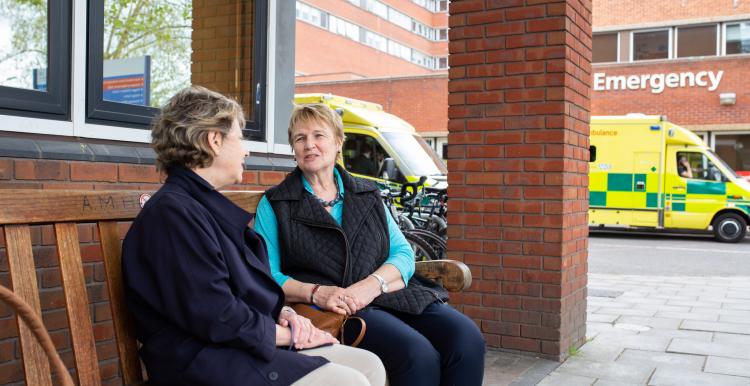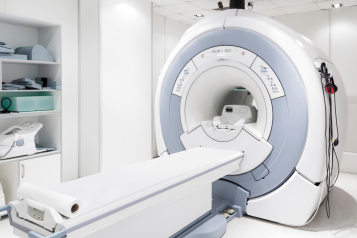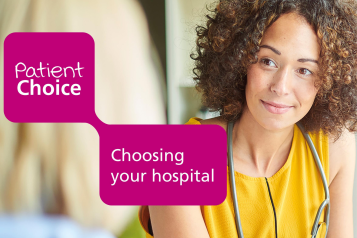High demand at Weston Hospital

The volumes of calls for non-urgent and minor ailments such as coughs, colds and sneezes, sickness and diarrhoea has resulted in an excessive demand upon services that are available for urgent or emergency care only.
At present the number of people attending A&E across Southmead, Bristol Royal Infirmary and Weston General has caused some delays for those patients requiring more urgent care and potentially could compromise their safety by increasing the time it takes for them to obtain medical attention.
Following a system wide review this morning it is clear that the number of patients’ not needing urgent or emergency medical attention but using A&E for convenience has increased over the weekend.
Simon Odum ED consultant at North Bristol NHS Trust said:
“We appreciate that when people are ill they want to feel better and see a doctor; however in many instances their illness could be treated by over the counter medication or self-care. We have seen a significant increase in people who have been ill for only a few hours, presenting with earache and flu like symptoms, which is common and can be expected at this time of year and they are using A&E and emergency services inappropriately. ”
I would really urge those who have been ill for a few hours with minor ailments to look at the other options available to them, such as seeking the advice of a pharmacist or make an appointment with their GP.”
A&E’s across the Bristol, North Somerset and South Gloucestershire area continue to be busy from the New Year period and demand has also increased on the ambulance service and Out of Hours services.
Simon Odum continued:
“We are asking people to really consider their options and if they really need to go to an emergency department? A medical emergency demands urgent treatment – which is what the 999 service and A&E departments are there to treat. If you call 999 or visit an A&E with something that isn’t an emergency you are likely to be waiting a long time. You may also hold up treatment for someone who genuinely does need it.”
Some examples of inappropriate use of urgent care or emergency services have been:
- Patients presenting with coughs and colds they have had for a single day
- An individual who had an earache for 10 minutes
- Repeat medication
- Lost medication
- Earache
- Sickness and diarrhoea for less than 24 hours
The Clinical Lead for Care UK’s NHS 111 service in the region, Scott Watters, said:
“The NHS 111 team has done a fantastic job over the festive period dealing with an unprecedented level of calls from patients. Today, we are receiving quite a few calls from people in the early stages of sore throats, colds and similar. If people with these kinds of conditions, who are otherwise fit and well, could try to treat themselves, speak to a pharmacist or wait until their own GP opens tomorrow, it will free up my team to speak to patients who are more vulnerable and genuinely need urgent health advice.”
Simon Odum concluded by stating:
“We always aim to provide the best quality care and even during times of escalation and unprecedented demand, as clinicians we always want to do the best for our patients, but when our time is taken by minor issues such as coughs and cold it delays the time we can be spending with patients who really are sick and need our medical attention. Please think before you use A&E.”


